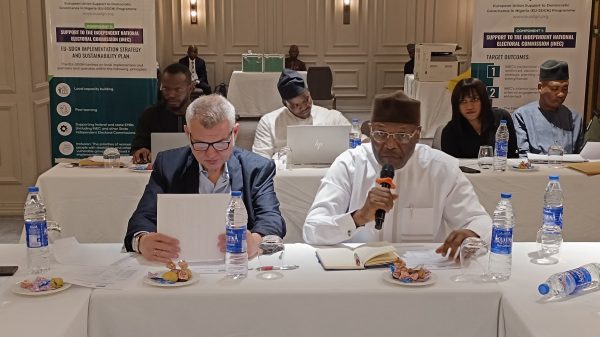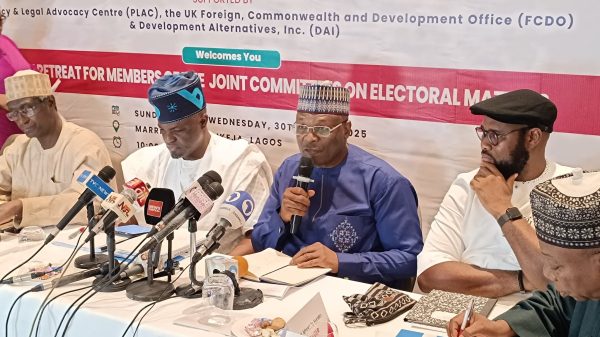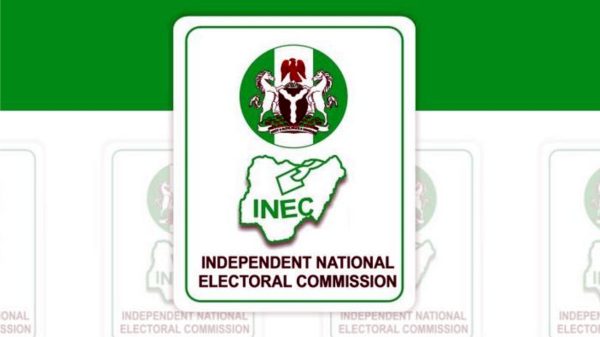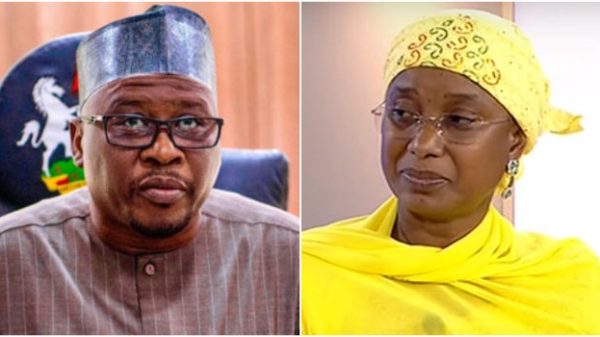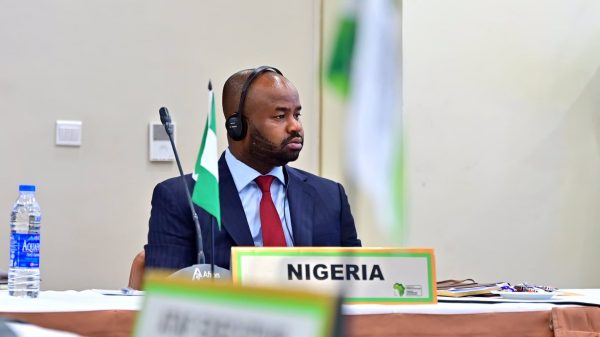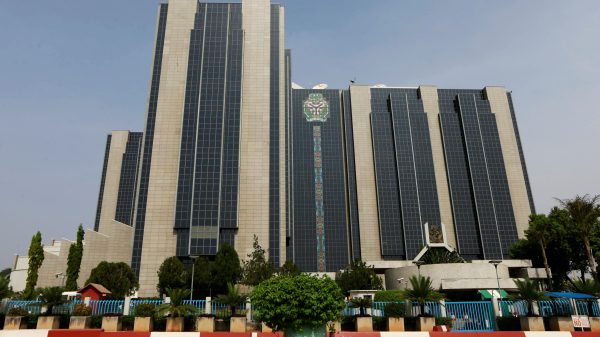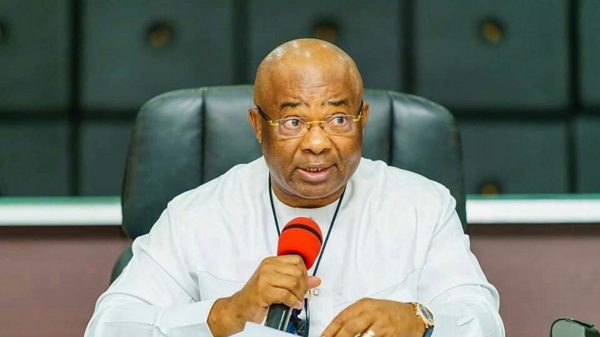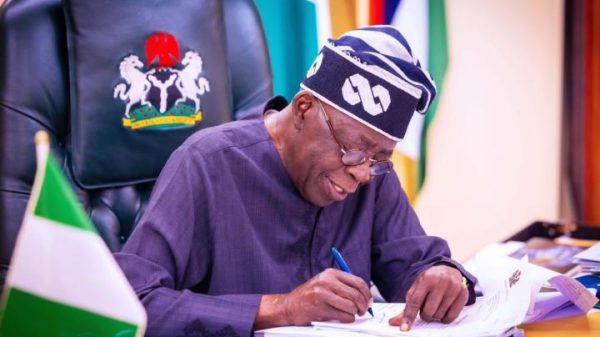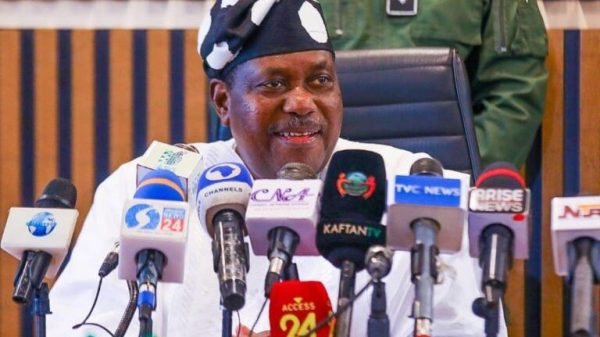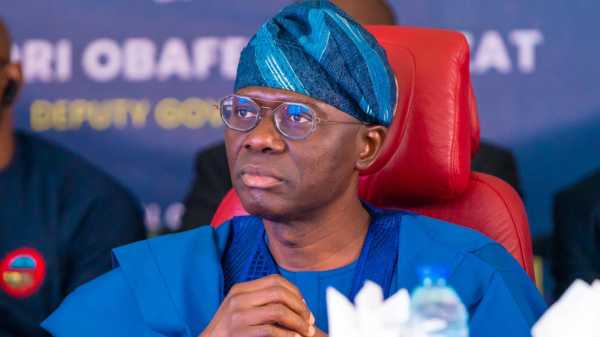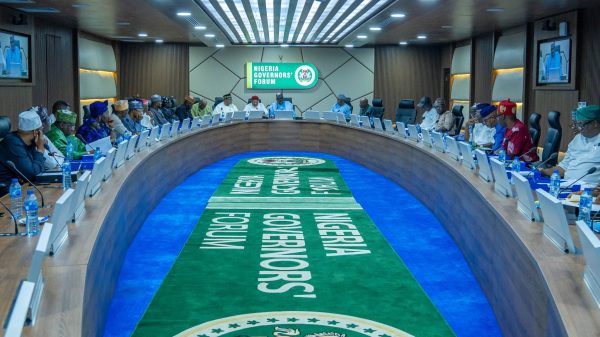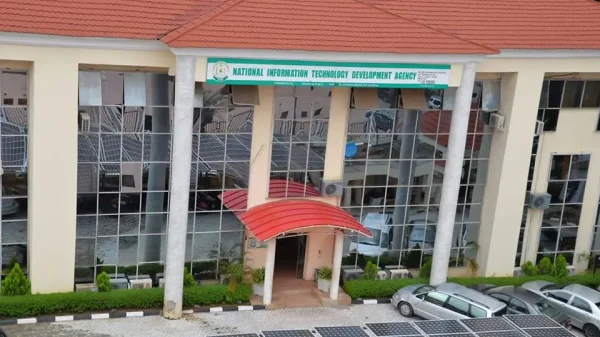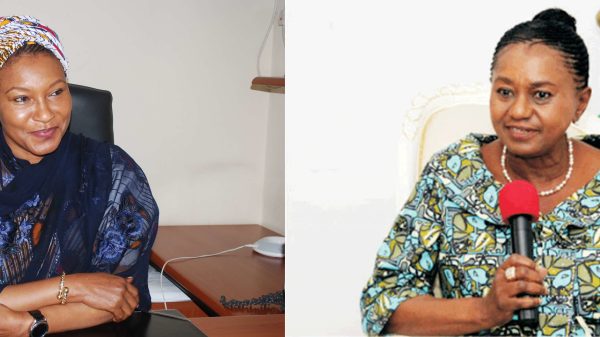The 9th National Assembly of the Federal Republic of Nigeria is a bicameral legislature, made up of the Senate (Upper Chamber) and the House of Representatives (Lower Chamber) inaugurated on 11 June 2019 and will wind up on June 2023, to allow for the proclamation of the 10 assembly by the President.
The upper chamber has 109 distinguished senators while the lower chamber has 360 members from federal constituencies across the country.
In 2019, Ahmed Lawan who has been in the National Assembly since 1999 was elected the President of the Senate and Femi Gbajabiamila who has been in the National Assembly since 2003 was also elected Speaker of the House of Representatives.
Four years down the line, the 9th National Assembly has passed many bills—some assented to while many others were also rejected by President Muhammadu Buhari. In this analysis, TECHNOCRAT MEDIA is providing details on a six-important legislations by the parliament from 2019-2023. These legislations are considered ambitious, history-making and further strengthen the country’s democracy.
The 6 key legislations
The legislation led to the passage of some key, unprecedented laws that contributed to the change in Nigeria’s economic and political landscape.
The Startup Act 2022
The Nigerian Startup Act 2022 is to provide a legal and institutional framework for the development of startups in Nigeria. It was passed in July 2022 and assented to by the president in October 2022. It also seeks to “position Nigeria’s startup ecosystem as the leading digital technology centre in Africa, having excellent innovators with cutting edge skills and exportable capacity”. The startup act, 2022, makes provision for “the development and growth of technology-related talent”. Last month, President Muhammadu Buhari inaugurated the National Council for Digital Innovation and Entrepreneurship (NCDIE), a key implementation procedure for the Nigerian Startup Act 2022.
The Electoral Act 2022
The Electoral Act 2022 was passed by the National Assembly and signed into law by the President on February 25, 2023, after it was rejected five times. Some of the key provisions in the Act are the improvement of participation in the country’s electoral space, electronic accreditation and transmission of results, funding of political parties, campaign funding and party nominations and primaries among others. The Act shaped the just concluded 2023 general elections.
The Petroleum Industry Act (PIA) 2021
The Petroleum Industry Bill (PIB) spent two decades in the National Assembly before it was passed by the 9th Assembly to become the Petroleum Industry Act (PIA) 2021. Key provisions in the PIA have given the Nigerian petroleum industry new operating frameworks such as the improved fiscal framework, transparent governance, enhanced regulation, and the creation of a commercially-driven and independent national oil company now operating without relying on government funding and free from institutional regulations such as the treasury single account (TSA), public requirement and fiscal responsibility act (FRA). One of the landmark changes brought about by the PIA is the transition of the Nigeria National Petroleum Corporation (NNPC) from a government corporation to become a private oil company—Nigeria National Petroleum Company Limited (NNPCL) as well as clear-cut provisions for host communities in the oil and gas sector.
The Finance Act 2021
The Finance Act, 2021 assented on December 31, 2022, by President Muhammadu Buhari gives the Federal Inland Revenue Service (FIRS) some new powers on tax collection and management to impose fines and penalties. The Act adds six new powers to FIRS on tax collection, administration, and management to strengthen the service to perform its responsibilities according to the law
The Companies and Allied Matters Act (CAMA) 2020
The Companies and Allied Matters Bill was passed by both chambers of the National Assembly and was assented to by the president in November 2020. The legislation according to many was one of the biggest successful legislative reviews ever done by the National Assembly. The Corporate Affairs Commission (CAC) attested that the passage and signing of the bill into law was a monumental achievement and a demonstration of the cordial relationship between the upper and lower chambers of the 9th Parliament. The CAMA 2020 was the first comprehensive reform of the Act since 1990.
The Deep Offshore Sharing Agreement Act 2019
In 2017, the federal government announced its intention to revisit the fiscal terms of existing production-sharing contracts (PSC). President Muhammadu Buhari on November 5, 2019, assented to the Deep Offshore and Inland Basin Production Sharing Contract (Amendment) Act 2019 (the “PSC Amendment Act”) which was passed by the National Assembly. The amendment provides for a flat rate royalty applicable to all PSCs irrespective of water depth Under the PSC Act, royalties were based on water depth depending on terrain with the relevant rates declining as water depth increases. The PSC Amendment Act provides for a flat rate royalty on all Deep Offshore PSCs (i.e. areas greater than 200m water depth) of 10% chargeable on the volume of crude oil and condensates produced from the relevant area. Also, the royalty rate of 7.5% on the volume of crude oil and condensates produced from the relevant area is applicable to Inland Basins which is a reduction from 10% applicable under the PSC Act.






